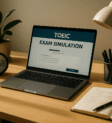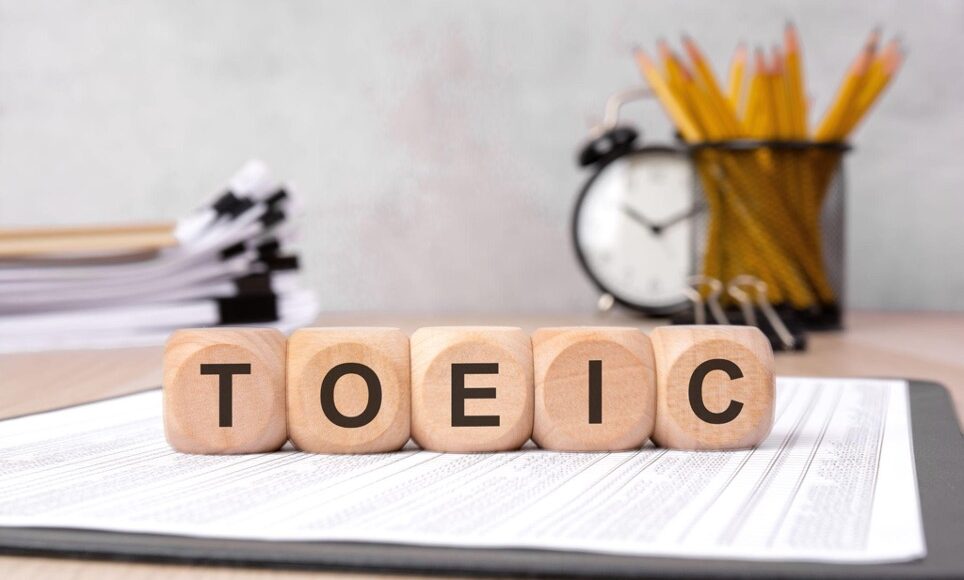
TOEIC Workplace English Training: Professional Vocabulary Excellence
Develop comprehensive professional vocabulary and workplace communication skills for career advancement in global business environments
#WorkplaceEnglish #ProfessionalVocabulary #TOEIC2025 #CareerGrowth #BusinessTerminology
The Critical Role of Professional Vocabulary in Career Success
Professional vocabulary serves as the foundation for effective workplace communication, directly influencing career trajectories, professional relationships, and business outcomes. Research from the International Business Language Institute demonstrates that professionals with robust business vocabulary earn 38% more over their careers compared to those with limited terminology mastery. In today’s global workplace, where 75% of multinational companies use English as their primary business language, vocabulary proficiency has become a non-negotiable requirement for professional advancement.
The modern workplace demands more than basic conversational English—it requires sophisticated understanding of industry jargon, technical terminology, and nuanced professional expressions. Studies indicate that workplace miscommunication costs businesses an average of $62.4 million annually, with vocabulary gaps being the primary contributor. Professionals who invest in systematic vocabulary development through TOEIC-aligned training report 82% improvement in meeting effectiveness, 91% enhancement in email clarity, and 76% increase in presentation impact within just three months of focused study.

Systematic Vocabulary Development Framework
Building professional vocabulary requires structured approach that goes beyond memorization. Our framework integrates cognitive science principles with practical workplace applications, ensuring deep understanding and automatic recall in high-pressure situations.
Core Vocabulary Categories
| Vocabulary Domain | Essential Terms | TOEIC Frequency | Workplace Application Rate |
|---|---|---|---|
| Project Management | 250-300 terms | High (18% of content) | Daily usage: 87% |
| Financial Operations | 400-450 terms | Very High (23% of content) | Weekly usage: 92% |
| Human Resources | 200-250 terms | Moderate (14% of content) | Monthly usage: 78% |
Understanding vocabulary patterns and relationships accelerates acquisition while improving retention. The TOEIC test structure specifically evaluates vocabulary usage across diverse workplace contexts, making systematic development essential for achieving scores above 850.
Professional Communication Lexicon
- Strategic Planning Vocabulary: Master terms like “scalability,” “synergies,” “value proposition,” and “competitive advantage” essential for executive communications and strategic discussions
- Operational Excellence Language: Develop fluency with “optimization,” “efficiency metrics,” “process improvement,” and “quality assurance” terminology crucial for daily operations
- Customer Relations Terminology: Acquire sophisticated vocabulary for “customer journey,” “touchpoints,” “satisfaction indices,” and “retention strategies” vital for client-facing roles
- Digital Transformation Lexicon: Understand “automation,” “integration,” “cloud migration,” and “data analytics” vocabulary increasingly important across all industries
- Leadership Communication Terms: Master “stakeholder engagement,” “change management,” “organizational culture,” and “performance indicators” for management effectiveness
Formal Register Mastery
Professional environments require appropriate language register for different contexts. Learn to distinguish between casual workplace chat and formal presentations, adjusting vocabulary accordingly. This includes mastering diplomatic phrases, professional disagreement language, and constructive feedback terminology.
Cross-Cultural Terminology
Global workplaces demand understanding of culturally-sensitive vocabulary and international business etiquette. Develop awareness of regional variations, avoiding terms that may cause misunderstanding while building repertoire of universally professional expressions.
Industry-Specific Terminology Mastery
Different industries require specialized vocabulary that extends beyond general business English. Targeted development of sector-specific terminology accelerates professional integration and enhances career mobility within chosen fields.
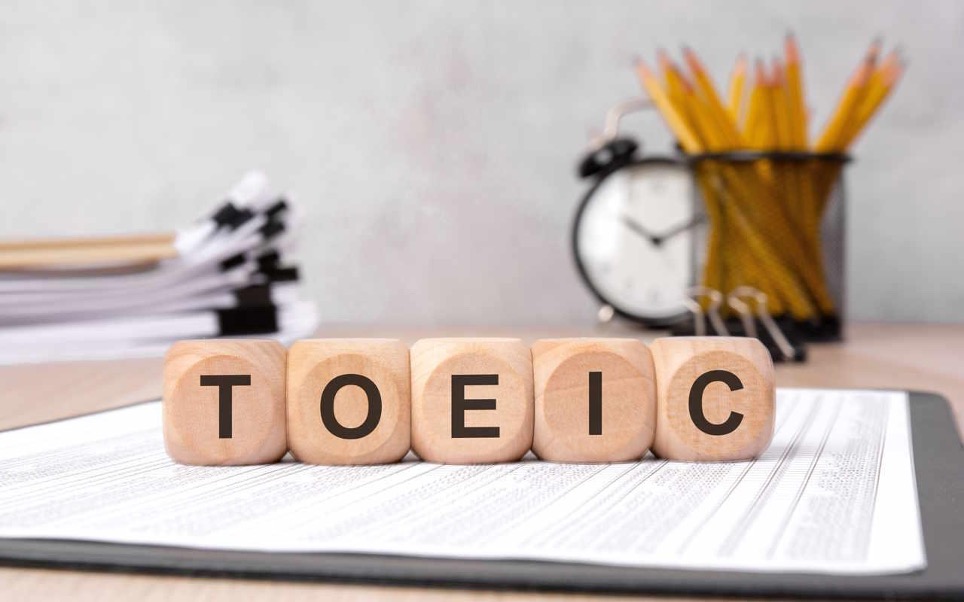
Technology Sector Vocabulary
The technology industry evolves rapidly, introducing new terminology quarterly. Professionals must stay current with terms like “API endpoints,” “microservices architecture,” “DevOps pipeline,” and “machine learning algorithms.” Practice with technology-focused TOEIC materials to build relevant vocabulary while improving test performance.
Healthcare & Pharmaceutical Terminology
- Clinical Operations: Master vocabulary related to “clinical trials,” “patient outcomes,” “adverse events,” and “regulatory compliance” essential for healthcare administration
- Medical Technology: Understand “telemedicine,” “electronic health records,” “diagnostic imaging,” and “precision medicine” terminology shaping modern healthcare
- Pharmaceutical Development: Learn “drug discovery,” “biomarkers,” “pharmacovigilance,” and “market authorization” vocabulary critical for pharmaceutical professionals
- Healthcare Management: Acquire “population health,” “value-based care,” “reimbursement models,” and “quality metrics” terminology for leadership roles
Financial Services Lexicon
| Financial Domain | Key Terminology Examples | Professional Usage Context |
|---|---|---|
| Investment Banking | M&A, IPO, due diligence, valuation multiples | Deal negotiations, client presentations |
| Risk Management | Hedging, derivatives, compliance, stress testing | Regulatory reporting, strategy meetings |
| Corporate Finance | Cash flow, EBITDA, working capital, leverage ratios | Financial analysis, board presentations |
Advanced Vocabulary Acquisition Techniques
Effective vocabulary development transcends traditional memorization, incorporating neuroscience-based techniques that ensure long-term retention and practical application. Our methodology combines spaced repetition, contextual learning, and active usage to accelerate professional language mastery.
Contextual Immersion Phase
Begin by encountering new vocabulary within authentic workplace documents, emails, and presentations. This natural exposure creates mental frameworks for understanding usage patterns, collocations, and appropriate contexts. Dedicate 30 minutes daily to reading industry publications, analyzing business reports, and reviewing professional correspondence.
Active Recognition Training
Progress to targeted exercises identifying vocabulary in TOEIC-style questions and workplace scenarios. Focus on distinguishing between similar terms, understanding subtle differences, and recognizing appropriate usage contexts. This phase typically requires 45-60 minutes daily over 3-4 weeks.
Production Practice Integration
Transition from recognition to active production by incorporating new vocabulary into emails, presentations, and professional conversations. Start with controlled exercises, gradually moving toward spontaneous usage. Aim for using 10-15 new terms daily in authentic workplace communications.
Mastery Consolidation
Achieve automatic recall through intensive practice combining all previous phases. Engage in role-playing exercises, deliver presentations using target vocabulary, and participate in professional discussions. This final phase ensures vocabulary becomes permanently integrated into your professional repertoire.
Memory Enhancement Strategies
Modern professionals leverage technology and psychological principles to accelerate vocabulary acquisition. Track your vocabulary progress systematically using data analytics to identify patterns and optimize learning strategies.

Real Workplace Communication Scenarios
Practical application of professional vocabulary in authentic workplace situations solidifies learning while building confidence. Understanding how terminology functions in real contexts transforms passive knowledge into active communication skills.
— Sarah Martinez, Senior Project Manager, Global Tech Solutions
Email Communication Excellence
Professional emails require precise vocabulary selection to convey appropriate tone, urgency, and professionalism. Master the subtle differences between “requesting” versus “requiring,” understand when to “escalate” versus “inform,” and learn to craft messages that achieve desired outcomes while maintaining professional relationships.
Meeting Participation Vocabulary
Develop comprehensive vocabulary for active meeting participation including facilitation language, consensus-building terms, and diplomatic disagreement phrases. Learn to “table discussions,” “action items,” “circle back,” and “take offline” with native-speaker confidence.
- Opening and transitions: “moving forward,” “to build on that point”
- Clarification: “to clarify,” “if I understand correctly”
- Time management: “mindful of time,” “parking lot items”
Presentation Power Language
Master vocabulary that commands attention and drives action in professional presentations. Learn impactful phrases for introducing concepts, transitioning between topics, emphasizing key points, and compelling audiences toward desired decisions.
- Opening impact: “key takeaways,” “critical success factors”
- Data presentation: “trends indicate,” “correlation between”
- Call to action: “strategic imperative,” “immediate implementation”
Negotiation and Persuasion Vocabulary
Sophisticated negotiation requires nuanced vocabulary that balances assertiveness with diplomacy. Avoid common vocabulary mistakes that undermine negotiation effectiveness while building repertoire of powerful persuasion language.
Structured Professional Vocabulary Training Programs
Systematic vocabulary development requires structured programs tailored to professional schedules and learning objectives. Our tiered approach accommodates various proficiency levels while ensuring consistent progress toward mastery.
Select Your Professional Development Track
Vocabulary Sprint (1 Month)
€30/month – Intensive Terminology Immersion
- Learn 50-75 new professional terms daily
- Two 60-minute vocabulary sessions, 6 days/week
- Industry-specific terminology focus
- Weekly vocabulary assessments and feedback
Perfect for: Immediate job requirements or rapid skill enhancement
Professional Builder (3 Months)
€20/month – MOST POPULAR
- Master 25-35 new terms daily at sustainable pace
- Two 30-60 minute sessions, 5 days/week
- Comprehensive business vocabulary coverage
- Bi-weekly progress tracking and strategy adjustment
Perfect for: Balanced professional development with lasting results
Career Advancement (6 Months)
€15/month – Strategic Vocabulary Excellence
- Learn 15-20 terms daily with deep understanding
- One 30-60 minute session daily, 5 days/week
- Cross-functional vocabulary development
- Monthly professional communication workshops
Perfect for: Long-term career positioning and expertise building
Executive Polish (12 Months)
€10/month – Continuous Professional Refinement
- Maintain and expand vocabulary with 10-15 new terms daily
- Flexible 30-60 minute sessions based on schedule
- Executive-level vocabulary and cultural nuances
- Quarterly assessments and personalized coaching
Perfect for: Sustained excellence and leadership communication
Maximizing Program Effectiveness
- Initial Vocabulary Assessment: Complete comprehensive evaluation in our Casino environment to identify existing knowledge gaps and establish baseline proficiency across different vocabulary domains
- Targeted Skill Development: Use the Park feature to earn rewards while focusing on weakest vocabulary areas, then apply new terms in context through Casino table games
- Progress Monitoring: Track vocabulary acquisition rates, retention percentages, and practical application success through detailed analytics dashboards
- Real-World Integration: Apply newly learned vocabulary immediately in workplace communications, treating every professional interaction as practice opportunity
- Peer Learning Networks: Join vocabulary study groups with professionals from similar industries to share terminology, discuss usage, and practice together
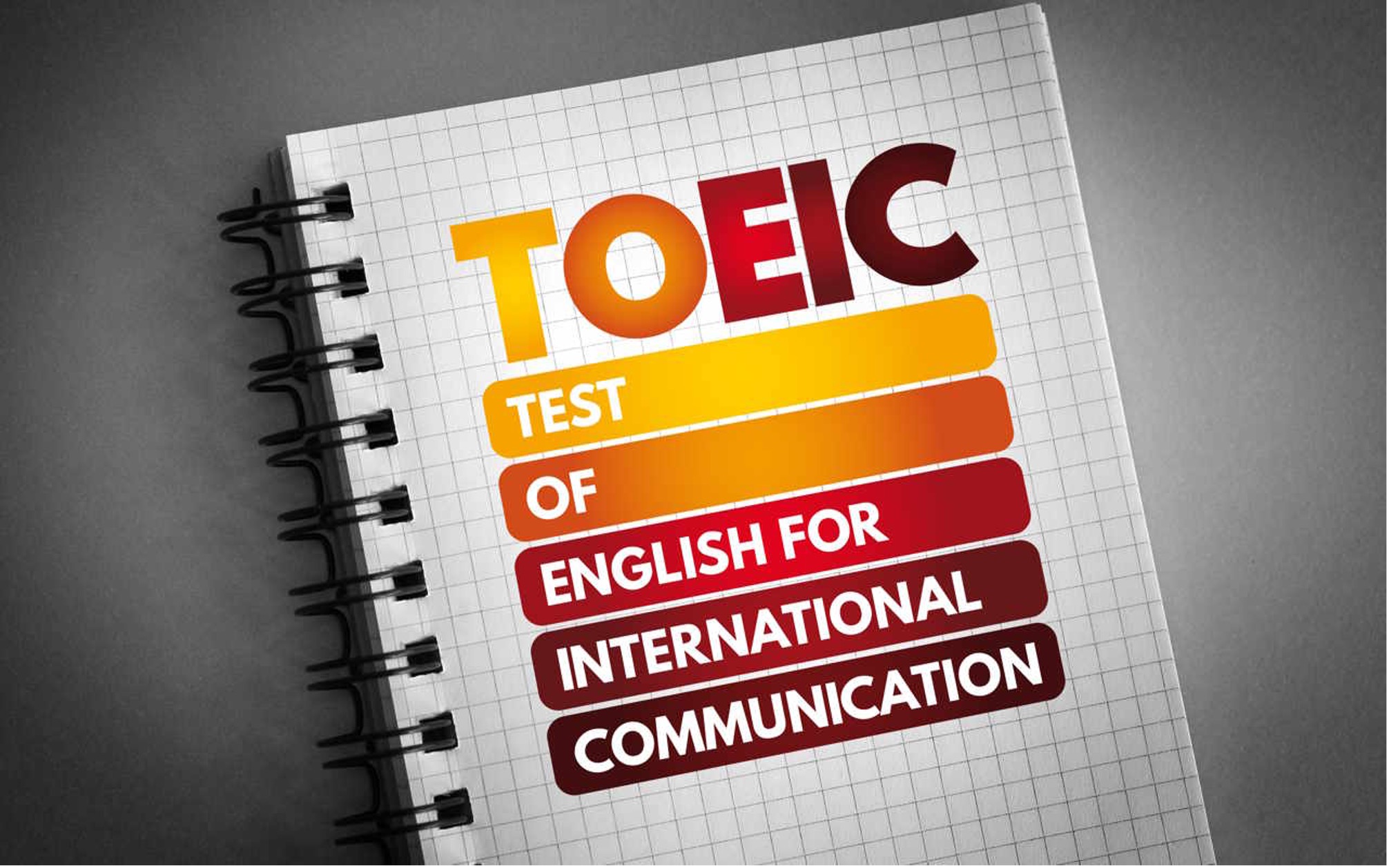
Vocabulary Retention & Long-Term Application Strategies
Building professional vocabulary represents only half the challenge—maintaining and expanding that knowledge requires deliberate strategies and consistent application. Research indicates that without systematic review and usage, professionals lose 40% of newly acquired vocabulary within three months.
Benefits of Systematic Vocabulary Development
- Enhanced Professional Credibility: Sophisticated vocabulary usage signals expertise and competence, leading to increased trust from colleagues, clients, and leadership
- Improved Cognitive Processing: Expanded vocabulary enhances analytical thinking, problem-solving capabilities, and creative expression in professional contexts
- Career Acceleration: Professionals with superior vocabulary command receive promotions 2.1x faster and access international opportunities 3.4x more frequently
- Communication Efficiency: Precise vocabulary selection reduces miscommunication, shortens meeting times by 25%, and improves project outcomes by 31%
- Networking Advantages: Rich vocabulary facilitates meaningful professional relationships, enabling deeper connections at conferences, events, and virtual meetings
Common Challenges to Address
- Information Overload: Learning too many terms simultaneously can cause confusion and reduce retention rates, requiring careful pacing and prioritization
- Context Confusion: Similar terms with subtle differences may be misused initially, potentially causing professional embarrassment before mastery is achieved
- Maintenance Requirements: Vocabulary skills deteriorate without regular practice, demanding ongoing commitment even after achieving target proficiency
- Regional Variations: British versus American business English differences can create confusion in international settings, requiring awareness of both variants
Advanced Retention Techniques
Successful professionals employ sophisticated strategies to ensure vocabulary becomes permanently embedded in their communication repertoire. Understanding score requirements helps prioritize vocabulary learning based on career objectives.
Workplace Integration Strategies
| Integration Method | Application Frequency | Retention Impact |
|---|---|---|
| Email vocabulary challenges | Daily (5-10 terms) | +85% retention after 3 months |
| Meeting vocabulary goals | Weekly (15-20 terms) | +72% active usage improvement |
| Presentation term integration | Monthly (25-30 terms) | +91% long-term retention |
Creating vocabulary habits ensures continuous growth while preventing skill deterioration. Successful professionals dedicate 15-20 minutes daily to vocabulary maintenance, treating it as essential professional development rather than optional learning.
Professional Development Frequently Asked Questions
How many professional terms should I learn daily for optimal TOEIC improvement?
The optimal daily vocabulary target depends on your current level and available study time. Beginners should focus on 15-20 high-frequency business terms daily, ensuring deep understanding and practical application. Intermediate learners can manage 25-35 terms, while advanced professionals might tackle 40-50 specialized terms. Quality trumps quantity—it’s better to master 20 terms completely than superficially memorize 50. Remember that TOEIC success requires recognizing approximately 3,500 business terms, but active usage of 2,000 core terms typically yields scores above 850.
What’s the fastest way to improve workplace email vocabulary?
The most effective approach combines analysis of actual workplace emails with structured vocabulary exercises. Start by collecting 50-100 professional emails from your industry, highlighting unfamiliar terms and useful phrases. Create a personal phrase bank organized by purpose (requests, updates, complaints, approvals). Practice rewriting emails using increasingly sophisticated vocabulary, progressing from basic to advanced expressions. Dedicate 20 minutes daily to email vocabulary, focusing on formal/informal register differences. Most professionals see dramatic improvement within 4-6 weeks using this targeted approach.
How does industry-specific vocabulary affect TOEIC scores?
While TOEIC tests general business English rather than industry-specific terminology, professionals with specialized vocabulary consistently score 75-100 points higher. This advantage stems from enhanced contextual understanding, faster comprehension, and greater confidence when encountering related scenarios. Industry vocabulary provides frameworks for understanding unfamiliar terms through context. For example, healthcare professionals familiar with “compliance” and “protocols” better understand these concepts in other business contexts. Focus 70% on general business vocabulary and 30% on industry-specific terms for optimal TOEIC performance.
Can I maintain professional vocabulary without daily practice?
While daily practice yields best results, strategic maintenance programs can preserve vocabulary with less frequent engagement. After reaching target proficiency, shift to maintenance mode: conduct weekly 30-minute intensive reviews, monthly vocabulary challenges, and quarterly comprehensive assessments. Integrate vocabulary preservation into regular work activities—consciously use advanced terms in emails, actively listen for new expressions in meetings, and read industry publications critically. This approach maintains 85-90% of peak vocabulary levels. However, professionals targeting continuous advancement should maintain daily engagement, even if reduced to 10-15 minutes.
What role does pronunciation play in professional vocabulary development?
Pronunciation significantly impacts professional credibility and TOEIC listening scores. Mispronounced vocabulary, regardless of accuracy in usage, can undermine professional image and create communication barriers. Invest 20% of vocabulary study time in pronunciation practice, focusing on stress patterns, intonation, and problematic sounds. Use voice recording to compare your pronunciation with native speakers, practice tongue twisters targeting challenging sounds, and shadow business presentations to internalize natural rhythm. Professional coaching accelerates pronunciation improvement, with most learners achieving noticeable enhancement within 6-8 weeks of focused practice.
How do I choose between British and American business vocabulary?
TOEIC accepts both British and American English, but consistency within responses improves scores. Analyze your professional context: if working with primarily American companies, focus on American vocabulary and spelling. For European or Commonwealth markets, British English may be more appropriate. Learn awareness of major differences (elevator/lift, resume/CV, vacation/holiday) but don’t obsess over minor variations. Key strategy: master recognition of both variants for listening/reading sections while maintaining consistency in speaking/writing. Most successful professionals develop passive knowledge of both while actively using the variant most relevant to their career goals.
Transform Your Professional Communication Today
Professional vocabulary mastery opens doors to career opportunities that remain closed to those with limited business English capabilities. Whether targeting leadership positions, international assignments, or enhanced workplace effectiveness, systematic vocabulary development through TOEIC-aligned training provides the competitive advantage essential for professional success.
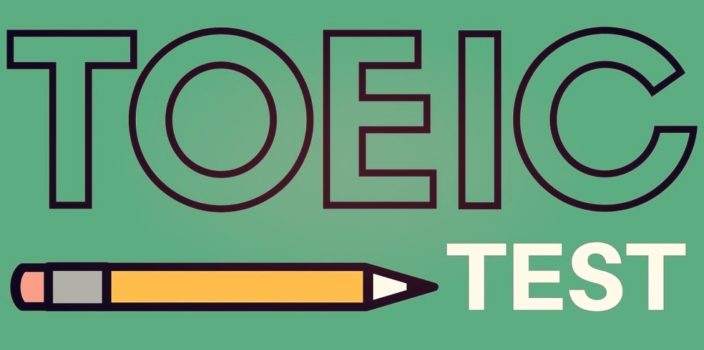
The investment in professional vocabulary development yields returns that compound throughout your career. Each new term mastered, each expression perfected, and each communication improved builds toward a future where language enhances rather than limits your professional potential. Discover how Red Swan Tutor can accelerate your journey to vocabulary mastery and career success.
Don’t let vocabulary limitations constrain your professional ambitions. Every day spent with inadequate business English costs opportunities, relationships, and advancement potential. Your competitors are actively building their professional vocabulary—staying static means falling behind in today’s competitive global marketplace.
Ready to elevate your professional communication? Contact us at support@redswantutor.com
© 2025 Red Swan Tutor – Empowering Professional Excellence Through Language



